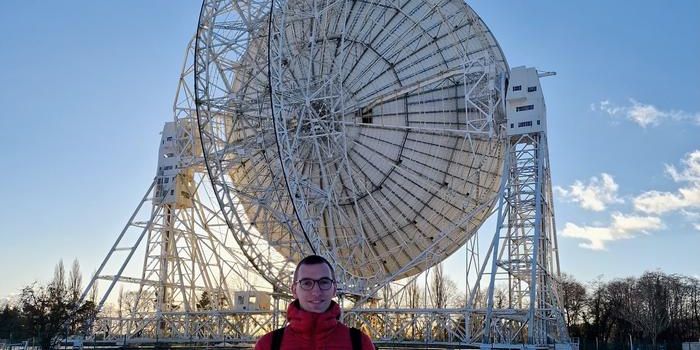Can Technology Really Save Our Planet?
Currently, technology used to respond to climate change includes nuclear fusion power, gaint carbon sinking machines, and ice-restoration using millions of wind-powered pumps. However, can new technology really save Earth? According to a new study published in Nature Climate Change, the belief that promising technological advances will reverse climate change should end.
"For forty years, climate action has been delayed by technological promises. Contemporary promises are equally dangerous. Our work exposes how such promises have raised expectations of more effective policy options becoming available in the future, and thereby enabled a continued politics of prevarication and inadequate action,” adds researchers Duncan McLaren and Nils Markusson from Lancaster Environment Centre. "Prevarication is not necessarily intentional, but such promises can feed systemic 'moral corruption', in which current elites are enabled to pursue self-serving pathways, while passing off risk onto vulnerable people in the future and in the global South.
Learn more about the history of Earth’s climate:
The over-reliance on the promise that novel technology will reverse the damage caused by climate change is dangerous and there needs to be a call for equal dependence on behavioral changes.
The researchers add: "Each novel promise not only competes with existing ideas, but also downplays any sense of urgency, enabling the repeated deferral of political deadlines for climate action and undermining societal commitment to meaningful responses.”
"Putting our hopes in yet more new technologies is unwise. Instead, cultural, social and political transformation is essential to enable widespread deployment of both behavioural and technological responses to climate change."
Source: Science Daily









